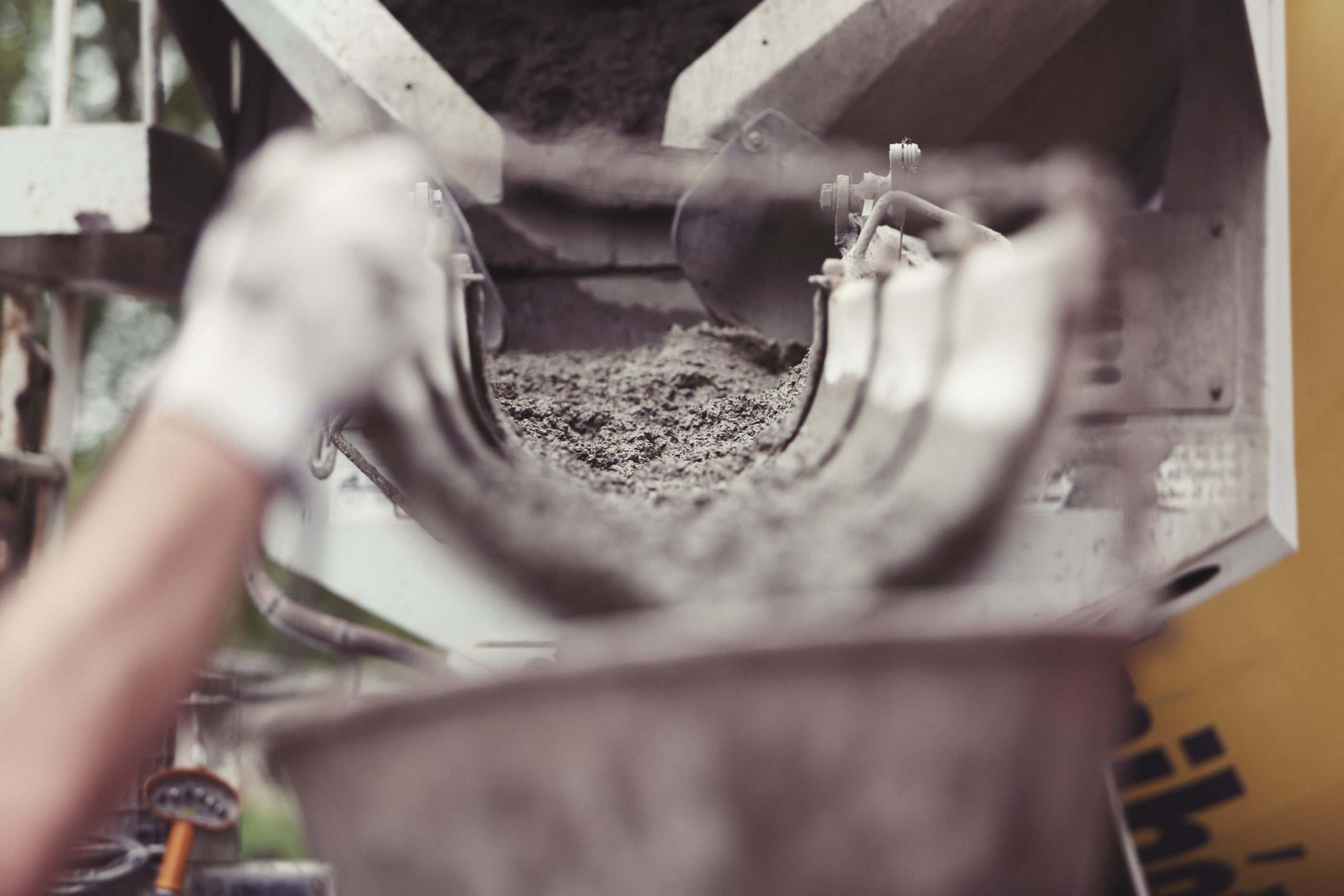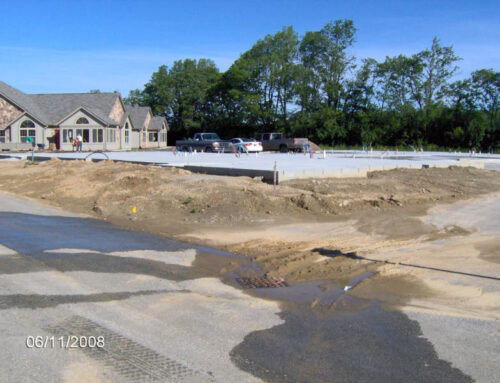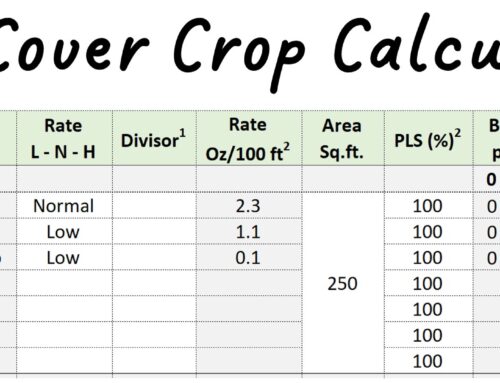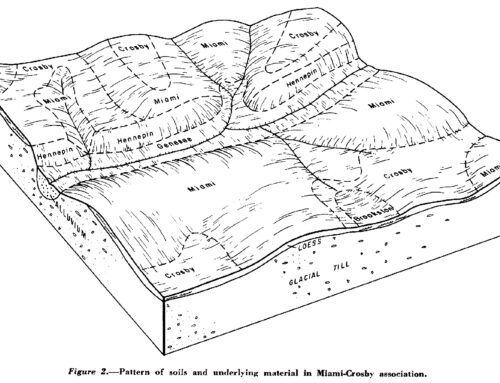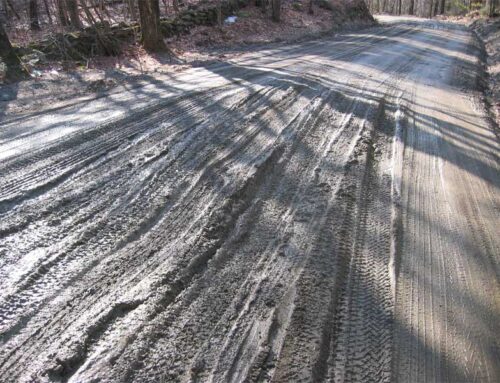Concrete is one of the most-used substances in the world, second only to water. We use an astonishing 14 billion cubic meters per year of this common and versatile construction material. Unfortunately, cleaning off tools and machinery used to mix, transport, and install concrete creates an extremely alkaline substance: concrete washout. When this mixture of water an unhardened concrete is improperly disposed of, it poses a significant threat to humans, wildlife, and surrounding ecosystems.
Concrete washout is often carelessly disposed of. Although many people realize that acidic substances are destructive, fewer realize that highly alkaline substances can also be damaging. Concrete slurry’s pH can measure as high as 13 (neutral is 7), and has the capacity to contaminate water with toxic metals, harm wildlife, upset soil chemistry, and cause injury to workers onsite. Though many people think dilution prevents concrete washout from being harmful, washout is so alkaline that it would would take about 800 gallons of clean water to dilute one gallon of washout. Many people also wonder why conservationists are so concerned about concrete washout when concrete is poured on the ground without issue; the reason is that when concrete is diluted, it can move through soil and water in ways it can’t when it is hardened or of the correct consistency for pouring.
There are several ways to properly clean concrete pouring equipment – either onsite onsite washout areas, such as portable vinyl containers, metal wash bins similar to dumpsters or lined metal dumpsters, or plastic-lined pits; or truck washout attachments. The slurry from cleaning off concrete equipment should be stored in a leak-proof location where rainfall cannot cause it to overflow. Once the water in a washout container has evaporated, the leftover concrete solids can be removed and recycled. If a leak or overflow from a washout container occurs, the best course of action is to dig up 6-12 inches of surrounding soil and replace it with clean dirt.
It’s important to take appropriate precautions to prevent leaks as much as possible in order to minimize contamination from concrete washout. Since we use so much of it, even little leaks add up!

